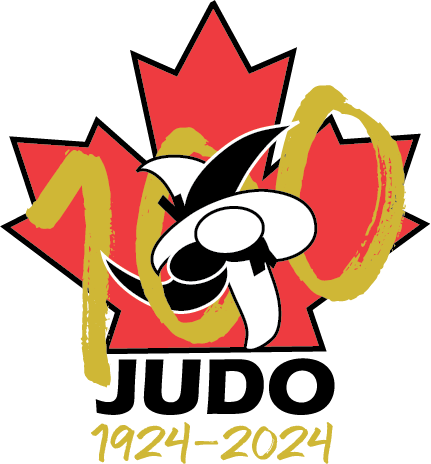Canadians end their Judo competition in London
29 December 2020Mr. Hiroshi Nakamura Honoured as Member of the Order of Canada
29 December 2020(Ottawa, Ontario – December 6, 2012) – The Canadian Centre for Ethics in Sport (CCES) warns once again of the link between supplement products and positive doping tests. We would like to highlight a recent doping case to illustrate to athletes and their support personnel how supplements and sport nutrition products can pose a real risk of a positive test.
In a recent hearing decision, the arbitrator wrote:
“…[the athlete] assumed an impossible risk when he knowingly purchased a product that expressly stated on the label that it could contain banned substances and he was assuming ‘…all risk, liabilities or consequences…’ He compounded that risk when he made no effort to contact the maker of the product, at the very least, to ask questions and better still, get a guarantee it was free of any prohibited substances. He must now bear the consequences.”
The consequence in this case was a full two-year suspension from sport.
Because supplements are unregulated, their labels cannot be trusted. Some manufacturers deliberately add steroids and stimulants to their products, and just as deliberately leave them off the label or list them using confusing names. Other products are inadvertently contaminated with banned drugs in the manufacturing process, and consequently these ingredients will not show up on the label. A seemingly innocent ingredient list is no guarantee for athletes!
In this case, while the prohibited substance was not included on the ingredient list, the manufacturer was up front about the doping risk, having placed a warning to athletes on the product container.
Several other athletes have been sanctioned over the past year for the presence in their sample of the stimulant methylhexaneamine, an ingredient found in several popular pre-workout supplements that have since been linked to product recalls.
Under the rules of the Canadian Anti-Doping Program and the World Anti-Doping Code, athletes are strictly liable for any prohibited substance found in their doping control sample, regardless of how it got there.
We strongly recommend that athletes do not use supplements because of the risk of a positive test. If you have determined that supplement use is worth the risk, minimize your risk by looking for the NSF Certified for Sport mark on the label of a supplement to be consumed. You can consult the full list of certified products at www.nsfsport.com.
The Canadian Centre for Ethics in Sport is an independent, national, not-for-profit organization. We recognize that true sport can make a great difference for individuals, communities and our country. We are committed to working collaboratively to activate a values-based and principle-driven sport system; protecting the integrity of sport from the negative forces of doping and other unethical threats; and advocating for sport that is fair, safe and open to everyone.
For further information, please contact:
Justin MacNeill
Communications Coordinator
613-521-3340 x3314
jmacneill@cces.ca
(Aussi disponible en français)
Copyright © 2012. Canadian Centre for Ethics in Sport




